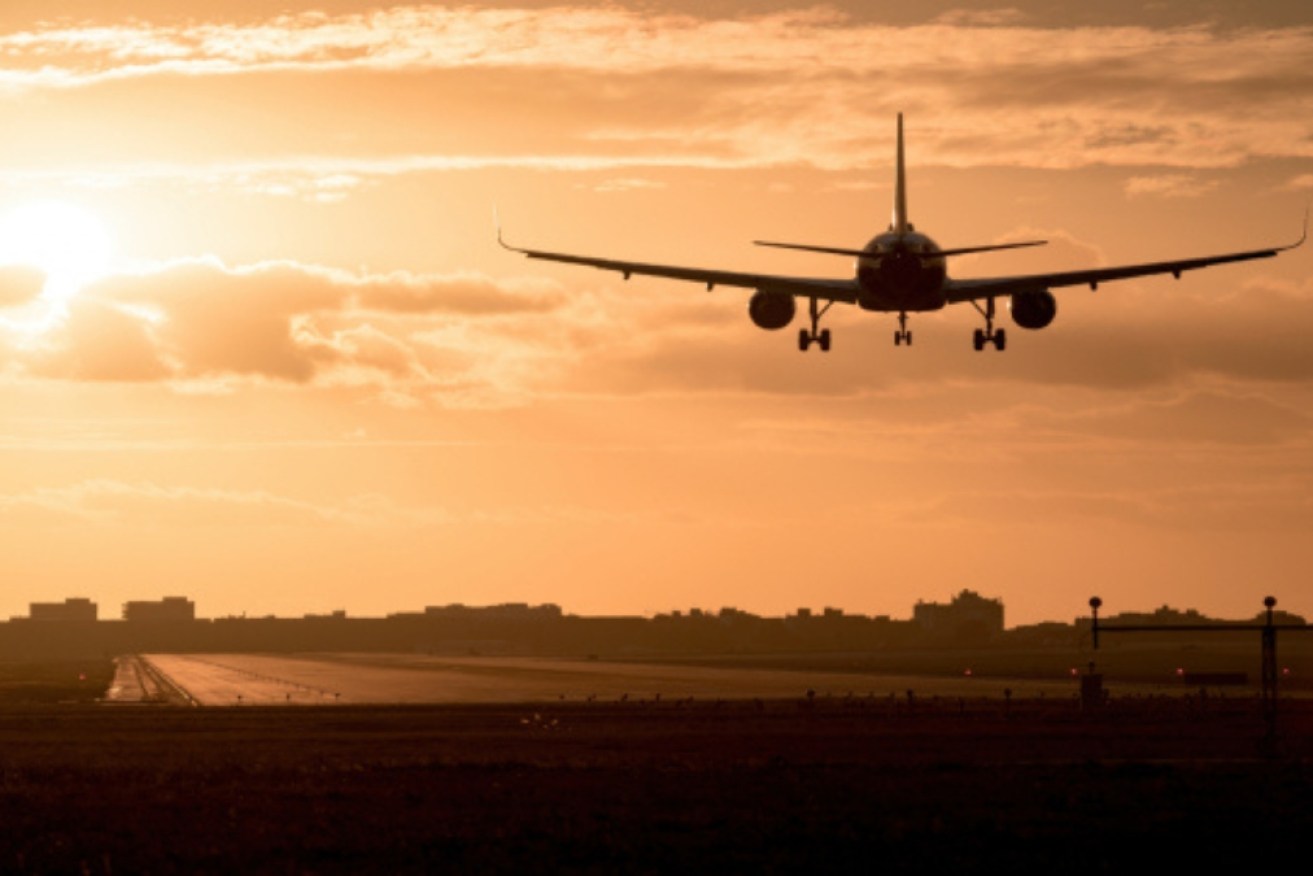Boost for luxury domestic travel as Aussies spurn high overseas airfares


If you're over Bali, these are some alternatives to spice up your next overseas holidays. Photo: Getty
Faced with expensive international airfares or booked-out flights and tours, many Australians are choosing to splurge on luxury trips at home this winter.
The top domestic winter travel destination is the Kimberley in Western Australia, said Michelle Ashcroft, general manager of Phil Hoffmann Travel.
Although the Kimberley is on the more expensive side of local trips, interest in the region is bigger than it has ever been, and cruising is especially popular.
“The smaller vessels that are coming into Australia from overseas … can actually get into the nooks and crannies and [see] the most unbelievable falls and Aboriginal art … that you just can’t get into with either the big ships or via land,” she said.
Also popular with travellers this winter are trips on The Ghan (between Adelaide and Darwin) or the Indian Pacific (between Sydney and Perth).
Ms Ashcroft said availability “cannot keep up” with demand.
There has been increasing interest from people in their 30s and 40s because of the high-end experiences on offer.

The Ghan’s passengers enjoy stunning outback views. Photo: Getty
“The train allows the journey to become part of the destination, and it’s such an immersive experience, especially out in the outback,” she said.
“The food that they serve is actually local to every single area you’re in along the way, and the standard is just stunning.
“It’s not like you’re stuck in a little rail carriage – there’s lounges, there’s endless flowing Bollinger Champagne … it’s like party town.”
Although these type of trips easily cost more than $2000, Australians developed a taste for local tourism during the early years of the pandemic, and the high cost of international airfares may help continue the trend.
No relief in sight for surging airfares
In February, average ticket prices on more than 600 of the world’s most popular routes rose at an annual rate of 27.4 per cent, Financial Times analysis of data from aviation company Cirium found.
Mark Trim, RoundAbout Travel director, said Australians shouldn’t expect prices to drop any time soon because of supply versus demand.
The travel industry has seen demand surge to 110 per cent of pre-COVID-19 levels, but the supply of plane tickets has reached just 60 to 70 per cent, he said.
Airlines are still recovering from the loss of revenue during years of border closures, he said.
“People have got sticky price expectations to what they used to pay … they’re struggling to adjust to those price expectations, but that’s probably necessary to see what’s happened with the market,” he said.
“Usually, once [prices] go up, they don’t tend to come back down. They might just stabilise a little bit.
“The prices are really at the highest rates [we’ve] ever seen. That might not hold long term, but I think $2000 to $3000 for economy [flights to Europe] may be the new norm.”
Airlines such as Qantas may have turned a billion-dollar profit in the past half-year, but they still have billions in lost revenue to catch up on from years of border closures, Mr Trim said.
“Everyone just wanted to have their refund immediately and have airlines shut down so that we could all stay safe. Well that’s fine, but there’s going to be a bit of a while for them to recover,” he said.
“Across the industry, we’re seeing people almost paying for the holiday they didn’t take, because airlines and hotels … had to get through those periods of time with no income.”
But increased costs doesn’t mean international travel is dead; Australians are continuing to head out to old favourites, including London and Paris, Booking.com data shows.
Travel considered an essential expense
Although the country is in the grips of a cost-of-living crunch, Australians are showing no signs of reducing their travel spending.
Zip data shows four out of five Australians are set to prioritise personal travel in 2023, despite inflation putting pressure on everything from the cost of groceries to rent.
Both Mr Trim and Ms Ashcroft said travel is now considered a non-negotiable for many Australians.
“In the past, [travel was] obviously a luxury item that could be shelved with living cost pressures. Whereas now, because it’s been that bit of time since it’s been able to happen, people are actually prioritising it as a necessity … across all demographics,” Ms Ashcroft said.
“People aren’t just planning the next trip, they’re planning two or three, and they’re not waiting. They’re planning as far as 2025 at the moment.”
Even with many Australians planning their travels years in advance, she said they still run into trouble as the rest of the world had a six to 12-month head-start on border openings.
With many hotels, cruises and tours already sold out, Ms Ashcroft said it’s important to book as soon as possible and be willing to be flexible with dates.








